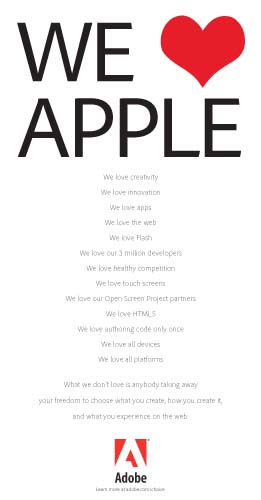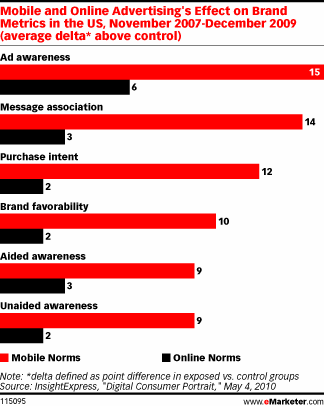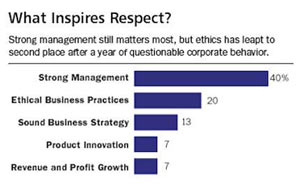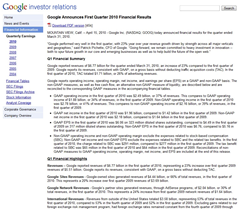I have a secret life.
Or not so secret, actually, but not obviously connected to this one.
I am the editor here at Corporate Eye, but I also have a personal blog about living gluten free, and raising a coeliac child. In that role, I am occasionally courted by big name brands.

These brands want me to think well of them, and – more importantly from their point of view – write positive posts about them and their products. They want me to be on their side, an advocate, using my small influence to support them, because we have a shared audience.
I’m not naive. I know what is going on here, and despite that I have to tell you that it works, at least partly (independent bloggers have their own personal brands to maintain, after all, and don’t want to sell out).
Everyone likes to be validated, and it is undeniably flattering to be invited to cook in Sainsbury’s kitchens, or to dine with them, or to have afternoon tea at Claridge’s with Genius. Not just flattering, but if they’ve got the approach right, highly enjoyable and engaging.
New US rules say, quite rightly, that this kind of interaction, or receiving of goodies, should be declared. There is the beginnings of a code of conduct for bloggers – though whether there is one for the array of covert marketers is quite another question – and this should help both sides in being transparent and open about the relationship.
How is this relevant to you?
If you haven’t identified influencers in your market, start now. Your competitors are probably talking to your shared influencers already; relationships – even alliances – are being forged. There are companies eager to help you find them and/or to talk to them, and to help you spread the word. The influencers will almost certainly be interested to hear from you, if you are indeed relevant to them – after all you do need to be an enthusiast to maintain a blog on a particular topic, because it is hard work.
And if the influencers are just not that into you: don’t you need to know that too, and why?
Try to genuinely engage with them as individuals, setting up a real two-way relationship. There is value to you in what the influencers have to say about you and your products, and they will probably have insights that haven’t occurred to you. Yes, as a blogger, the gifts and events are nice, but it is even better to feel heard, and to believe that your opinion matters. Keep it small-scale, and have a real conversation.
If a crisis hits your company (when it does?) it will be good to know where the influential people talking to your market are likely to sit on the issues involved. Will they support you? Can you provide them with your side of the story?
Pop-up influence, or spot the influencer
Not only have I talked about Sainsbury’s and Genius on my gluten free blog, I am talking about them here, helping to bring their marketing messages to a different group (to some of whom it will be personally relevant, as 1 in 100 of you are coeliac, after all). Do they know that? They won’t be expecting it, because to them I am Lucy at Free From, but if they’re using monitoring tools properly, they will pick it up.
Unless you look, you won’t know who the people talking about you are talking to, where they are talking, or what they are saying. And it won’t always be what you expect, or where.
Note: this was Coeliac Awareness week here in the UK. Coeliac disease is an autoimmune condition in which eating gluten (found in wheat, barley and rye) damages the lining of the small intestine, and is managed by a gluten free diet. It is estimated that 1 in 100 people have coeliac disease, not all of whom are diagnosed.
 Comparative advertising has been making a comeback in recent years with the
Comparative advertising has been making a comeback in recent years with the 


